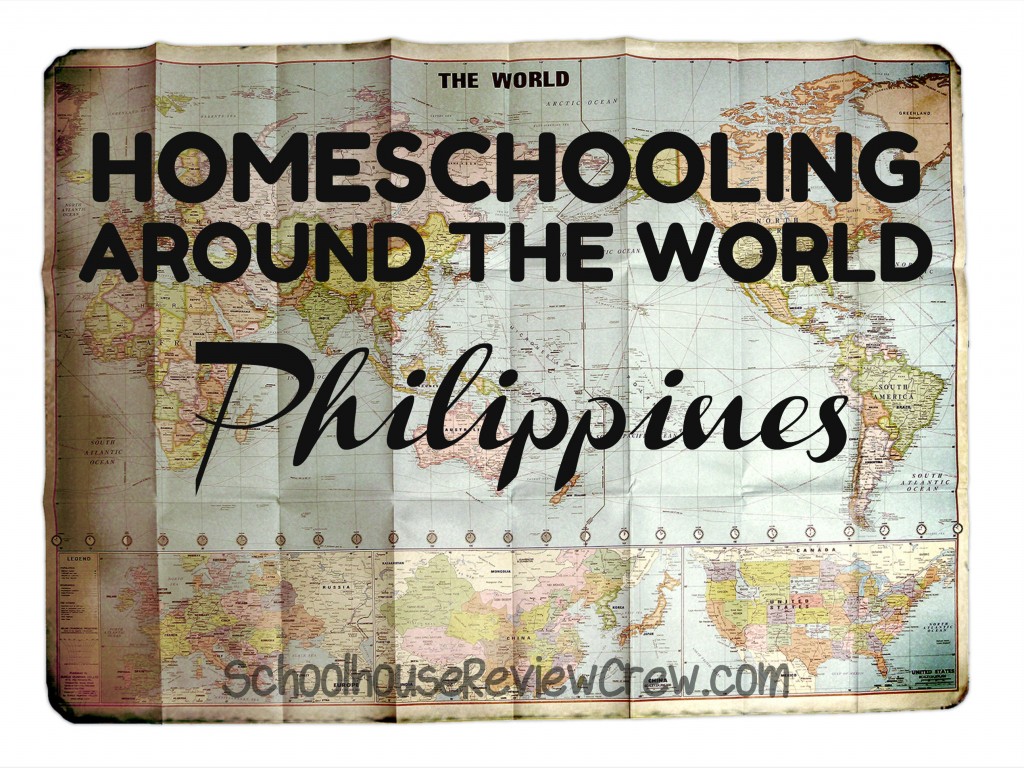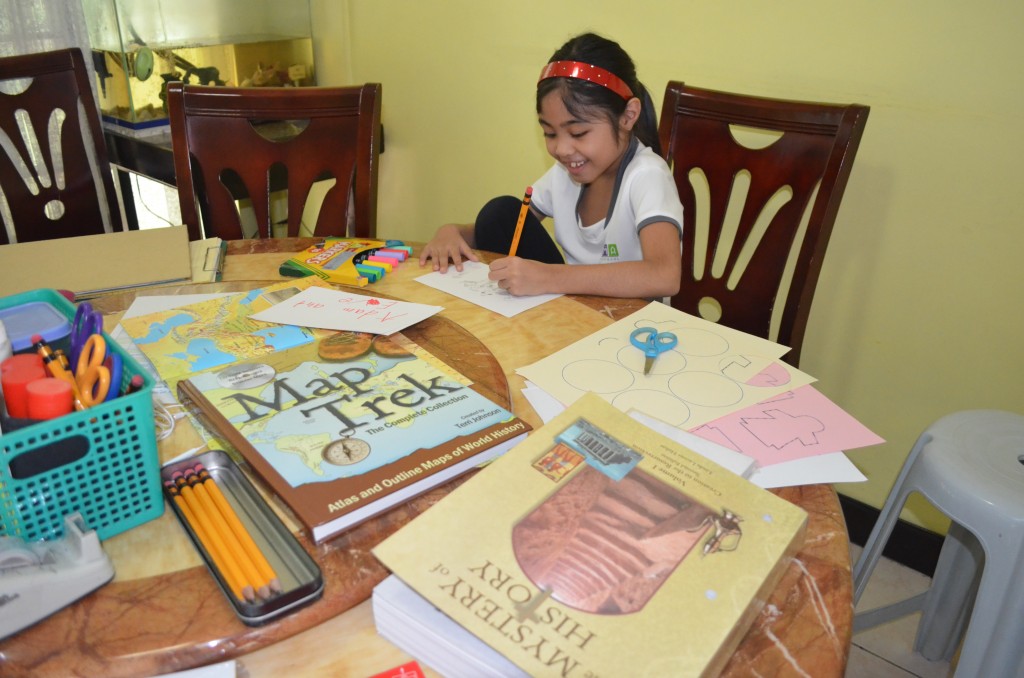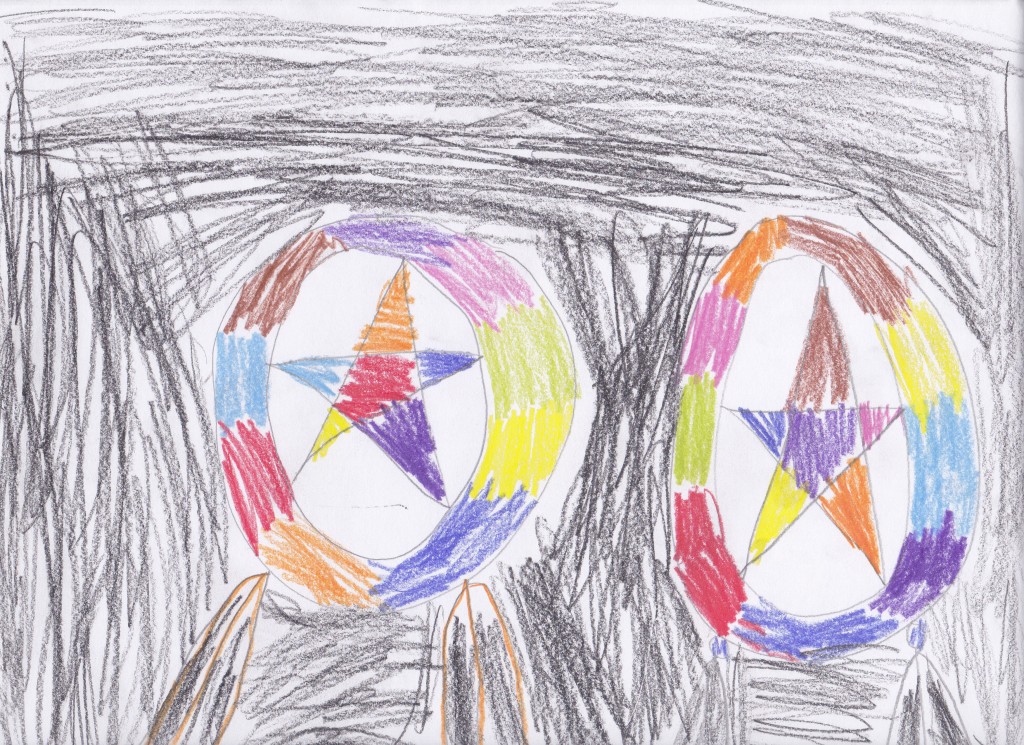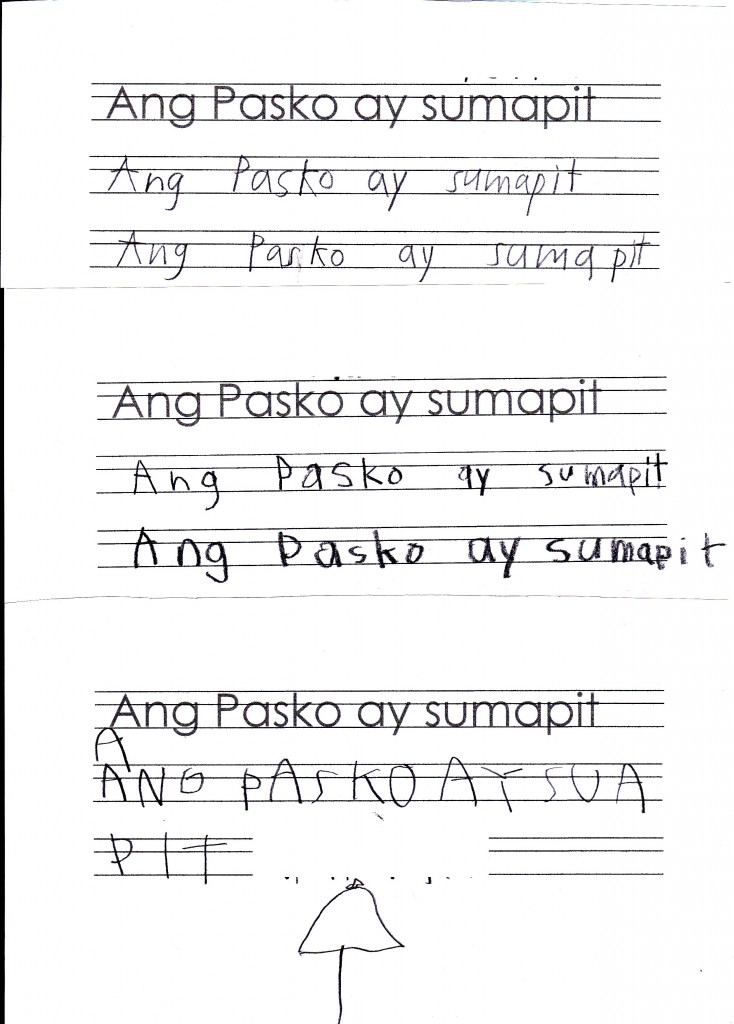“So, Where Do Your Children Go To School?”
This is one of those common conversation starters that reveal a lot about the educational heartbeat of the Filipino family. There are schools, and there are “the” schools. If you can afford to send your children to “the” schools then it is popularly believed that they will stand a very good chance in securing their future. The name of the school your children go to is also a status symbol of a sort. One the children will carry on to adulthood. So this seemingly innocent question is of great significance to the Filipino family.
“Oh, they’re home-schooled.”
I’ve seen various reactions to my answer since we started our homeschooling journey three years ago: the look of awe, a blank look, and even envy mixed with longing from mothers who work full-time outside their homes. Relatives were initially skeptical about it. I come from a long line of public school teachers who loved their careers, so taking my children’s education into my own hands seemed like I was betraying them. But when they saw how well the children were growing up their skepticism was replaced with amazement, (grudging) acceptance and now, encouragement and pride.
Homeschooling is not as common in the Philippines as it is in, say the US or Australia. But the concept is not an alien one. The Philippine National Hero Jose Rizal was “homeschooled” by his mother in his early childhood. Nor is it illegal to homeschool. The Philippine Constitution and the Family Code of the Philippines recognize and support the parents’ role in “training up the child in the way he should go”. The Department of Education has created guidelines to administer this aspect of formal education, including parent-teacher qualifications. The government requires that the teacher must have a Bachelor’s degree in Education or an equivalent degree to be allowed to teach.
The reasons I’ve heard for homeschooling are varied but they weave a common thread with homeschoolers all over the world. There’s the wanting to get away from the bullies in school, differences in religious beliefs and educational standards, threats of death or harm to family members that force the parents to teach their children at home, and so on. For Filipino families located in the Philippines and elsewhere, homeschooling is a “last resort”, the “only option available” or the “preferred choice” for educating the children.
Most of the core curriculum used in the Philippines is from other countries like the US and Singapore. Obviously there is the added ingredient of studying Philippine culture. Teaching this mix can be loads of fun. The recent Christmas holidays are one example. Simbang Gabi , puto bumbong and the Noche Buena are part of Filipino Christmas tradition that make excellent material for unit studies that cover history, geography, art, music, home economics and language. I made a simple unit study for Philippine Christmas traditions last month using the framework by Valerie Bendt and we enjoyed it tremendously.
Lack of socialization opportunities is a common concern raised against homeschooling. In the Philippines, it is almost impossible to be an “island family”. There’s always something going on in the communities the families are part of, not to mention the socialization happening within families (and extended families), that makes this almost a non-issue. Filipinos by nature are very highly sociable.
“What’s special about the Philippines that make homeschooling fun?”
It would have to be the supportive environment. Mind you, it’s not perfect. There is still a lot of work to do to get homeschools on an equal footing with “the” schools or even the lower tier schools. But if you compare homeschooling opportunities in the Philippines with places where homeschooling is illegal or restricted, you will see what I mean. Without that legal nod to parents to exercise their rights to teach their children in the best way they see fit, homeschools and the many opportunities that make it fun to do, would be gone.
So, where do your children go to school?
 Mary homeschools her 3 children in the Philippines. She blogs about this and their other adventures at My Tropical Home.
Mary homeschools her 3 children in the Philippines. She blogs about this and their other adventures at My Tropical Home.



